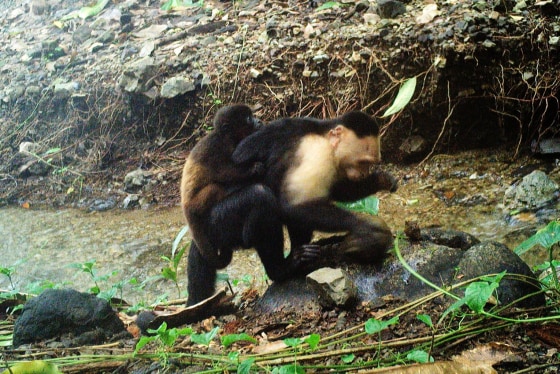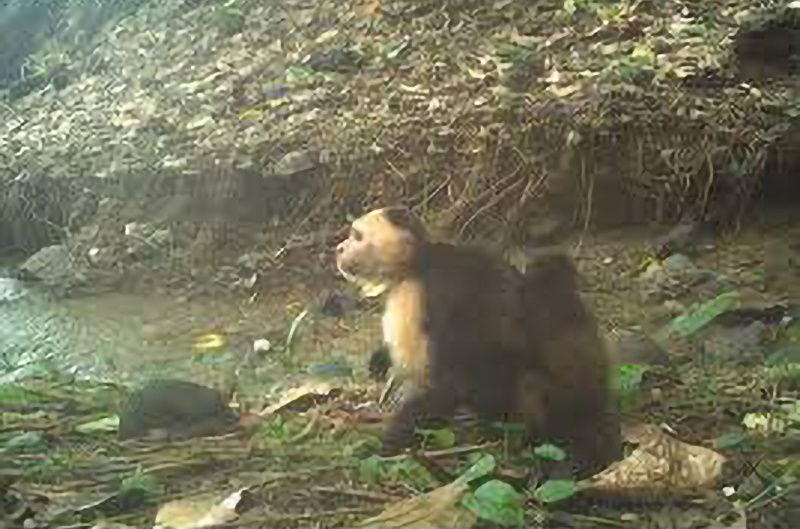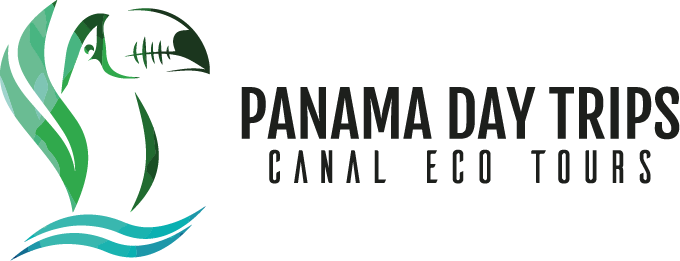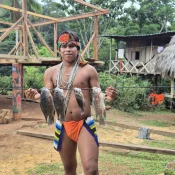Monkey “Kidnapping”: Smithsonian Study of Capuchins and Howlers in Panama 🐒
Monkey “Kidnapping”: Smithsonian Study of Capuchins and Howlers in Panama 🐒


A fascinating—and rather unexpected—behavior has been documented on Jicarón Island in Coiba National Park. In a study led by Smithsonian Tropical Research Institute (STRI) and the Max Planck Institute of Animal Behavior, researchers discovered that young male white-faced capuchin monkeys were abducting infant Coiba howler monkeys, carrying them for days—sometimes up to nine—before the howler babies tragically e from starvation .
Here are the key facts:
This behavior was first observed via motion-triggered cameras in January 2022, during a project initially studying capuchin stone-tool use .
Over a 15-month period, at least five male capuchins kidnapped 11 howler infants, all less than four weeks old, carrying them for days or even over a week .
Importantly, there’s no apparent benefit to the capuchins. They don’t eat or harm them—with no aggression—but the infants cannot survive without their mothers’ milk .
Scientists suspect this is a social fad—a behavior spread among curious juveniles relatively isolated from predators, possibly driven by boredom or misdirected caregiving instincts .
This is believed to be the first documented case of interspecies infant abduction as a socially transmitted tradition .
Why This Matters for Eco‑Conscious Travelers
At Panama Day Trips, our eco‑friendly tours are built on respect for wildlife and minimum human impact. Here’s how our practices align with research like this and why they’re essential:
- Observing Naturally
We never feed or touch wildlife—we simply observe. This ensures animals retain wild behaviors, unlike the unnatural patterns seen when human intervention is involved.
- Championing Conservation Awareness
These surprising discoveries—like capuchin “kidnapping”—highlight the complexity of wildlife behavior and the importance of observing without interference. Educating guests supports ongoing conservation efforts.
- Safety and Ethical Viewing
Our guides are trained to maintain safe distances and use binoculars. This protects both visitors and the animals—preventing stress and behavioral shifts in wildlife.
- Supporting Research Locations
With eco tours around the Panama Canal and related research areas, we channel eco-tourism toward sustainable funding and attention for ongoing scientific research.
Travel With Respect, Learn With Purpose
Join us at Panama Day Trips to experience wildlife with care—where wonder doesn’t come at the expense of the wild. Witness capuchins in their natural habitat, gain insight into emerging behaviors, and contribute to a respectful tourism model that values discovery without disturbance.



